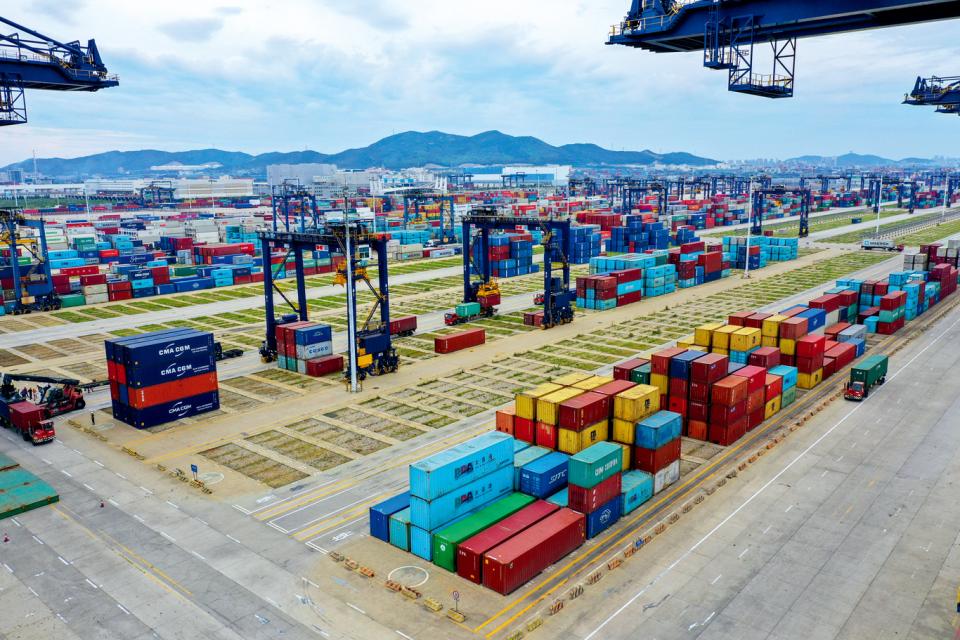China’s National Development and Reform Commission (NDRC), its top economic planning body, released the 2019 Negative List for Market Access on November 22.
The 2019 list, which details which sectors and items are not open to domestic private investors, contains 13 percent fewer restrictions compared to the 2018 list.
The new document removes the requirement for some restricted items to gain approvals, such as the safety examination of ships and the salvaging and dismantling of wrecks, and loosens the requirements for approval in other sectors, including nursing homes, firefighting technology and services, accreditation for occupational qualification exams and social welfare institutions.
The document also integrates and streamlines the required entry approval of new or necessary trades, such as IPO registration for the sci-tech innovation board, the purchase and transportation of raw fresh milk, the disposal of disused electronic products and parts. It meanwhile abolishes regional market access restrictions to unify the negative list nationwide. Compared to the 2018 list, one more item was added to the full prohibition section, which bans development activities not in line with the functions of the target area as defined by the local government.
Besides the loosened access, the list specifies which entity in China is responsible for each item, which analysts said would greatly facilitate market players in dealing with problems and thus reduce their costs.
An NDRC official, whose name was not revealed, told the Xinhua News Agency that the 2019 list came out of 854 pieces of advice solicited from the public and that their follow-up work will focus on breaking the hidden barriers to the market and further opening service industries. Analysts said that the Negative List for Market Access and the Negative List for Foreign Investment have formed a complete and unified legal system for entry to the Chinese market, which is of great importance in stabilizing the market by clarifying which fields are open and how people can enter them.
“The negative list will meet the need to stabilize investment and market expectations,” Guo Liyan, a researcher at the Chinese Academy of Macroeconomic Research under the NDRC, told China National Radio. “Facing a growing number of external uncertainties, we have to do our own things well... An effective system support like the negative list is a guarantee of expanding the influence and attractiveness of the domestic market,” she added.

 Old Version
Old Version